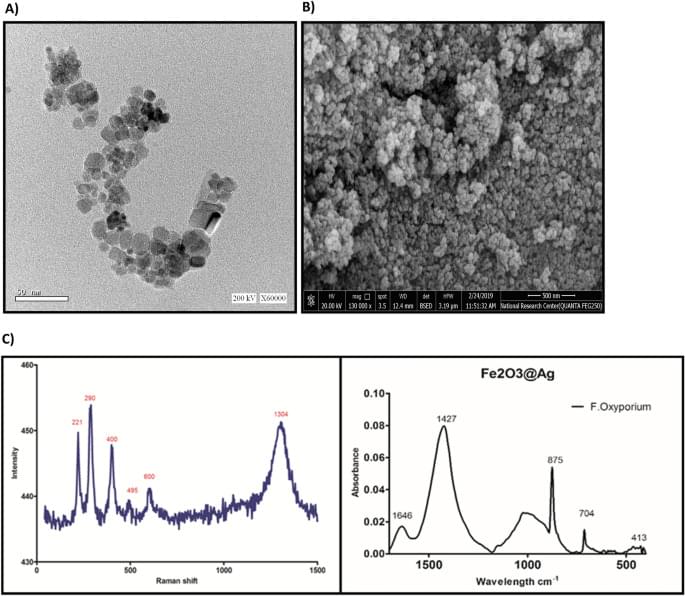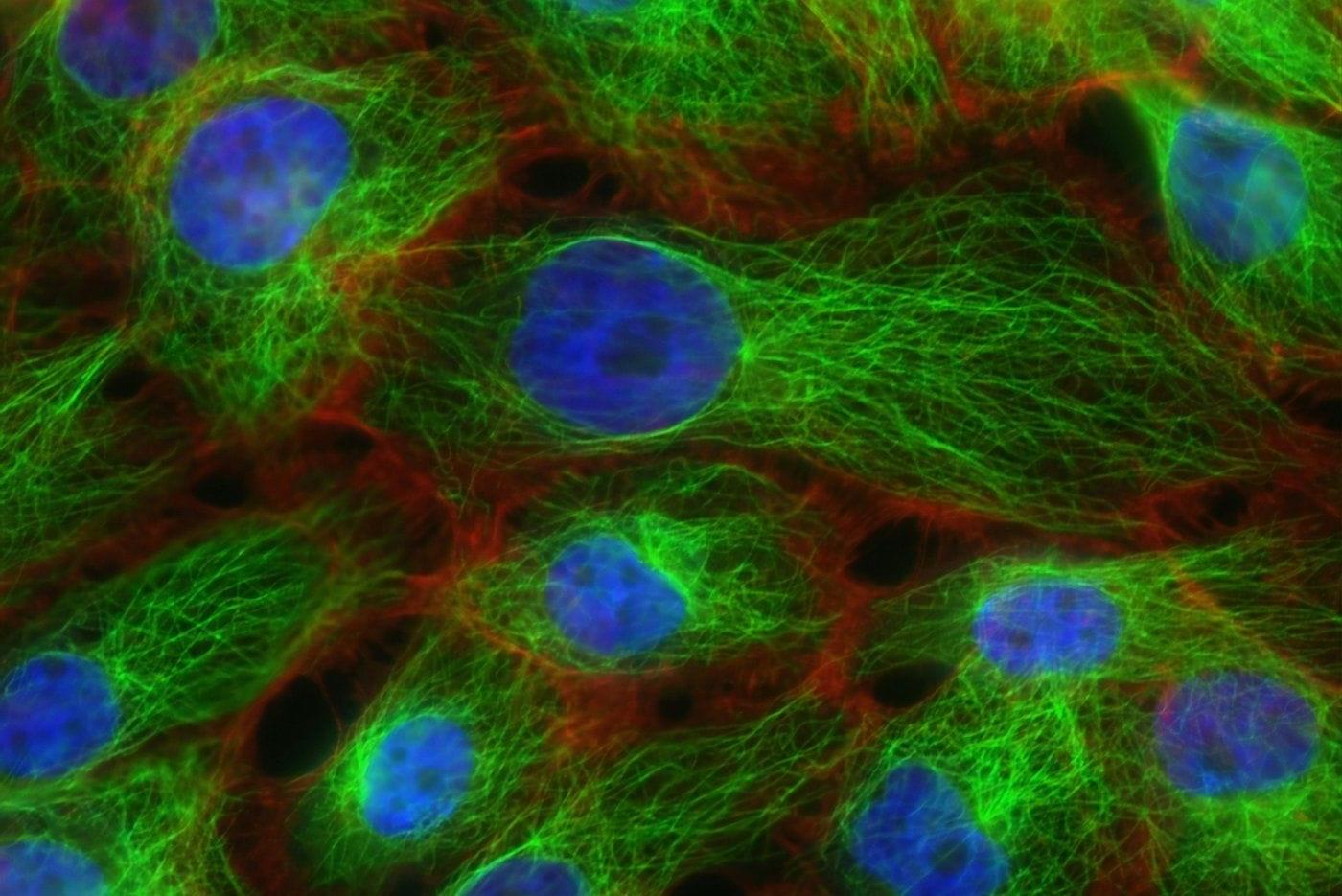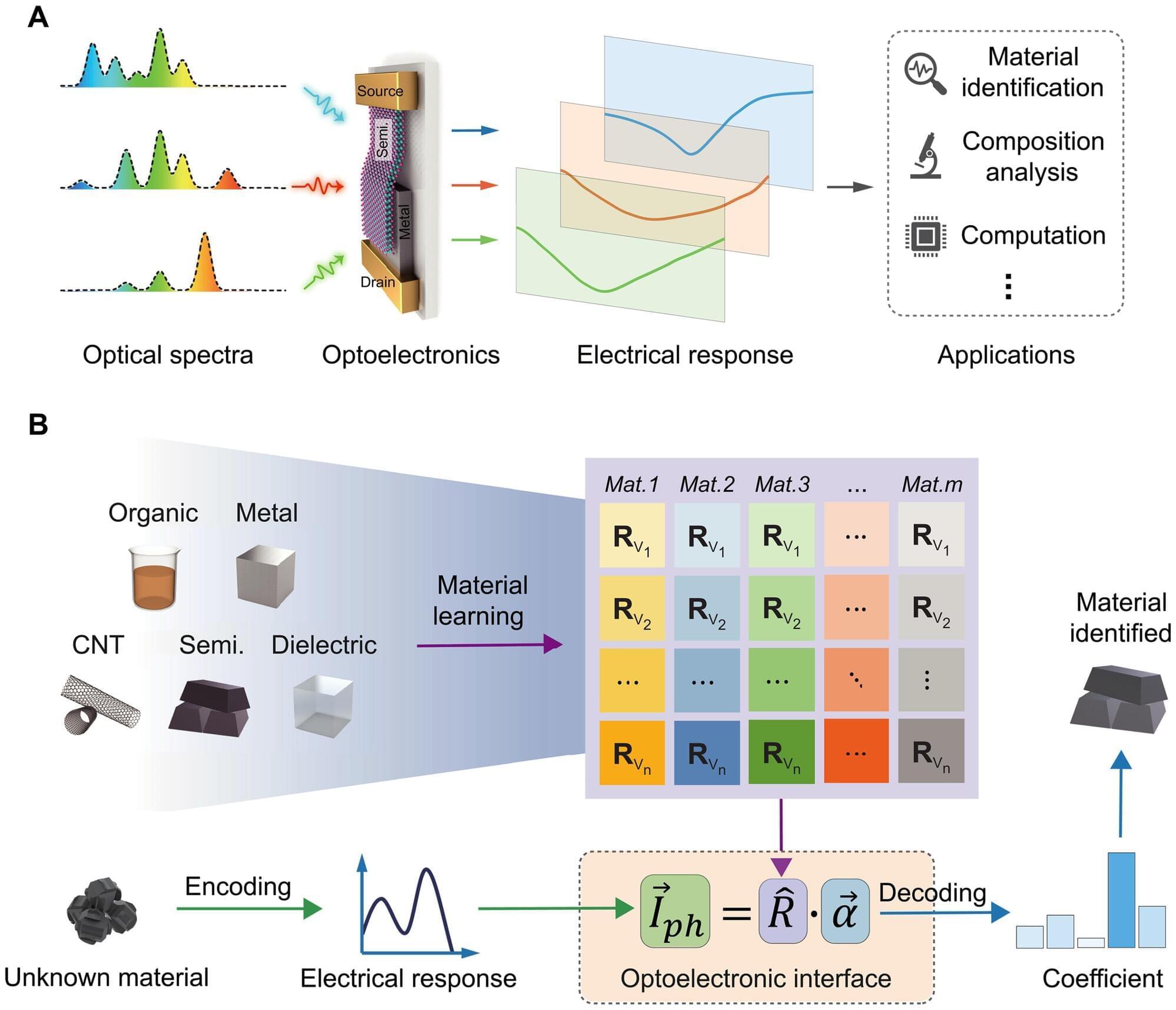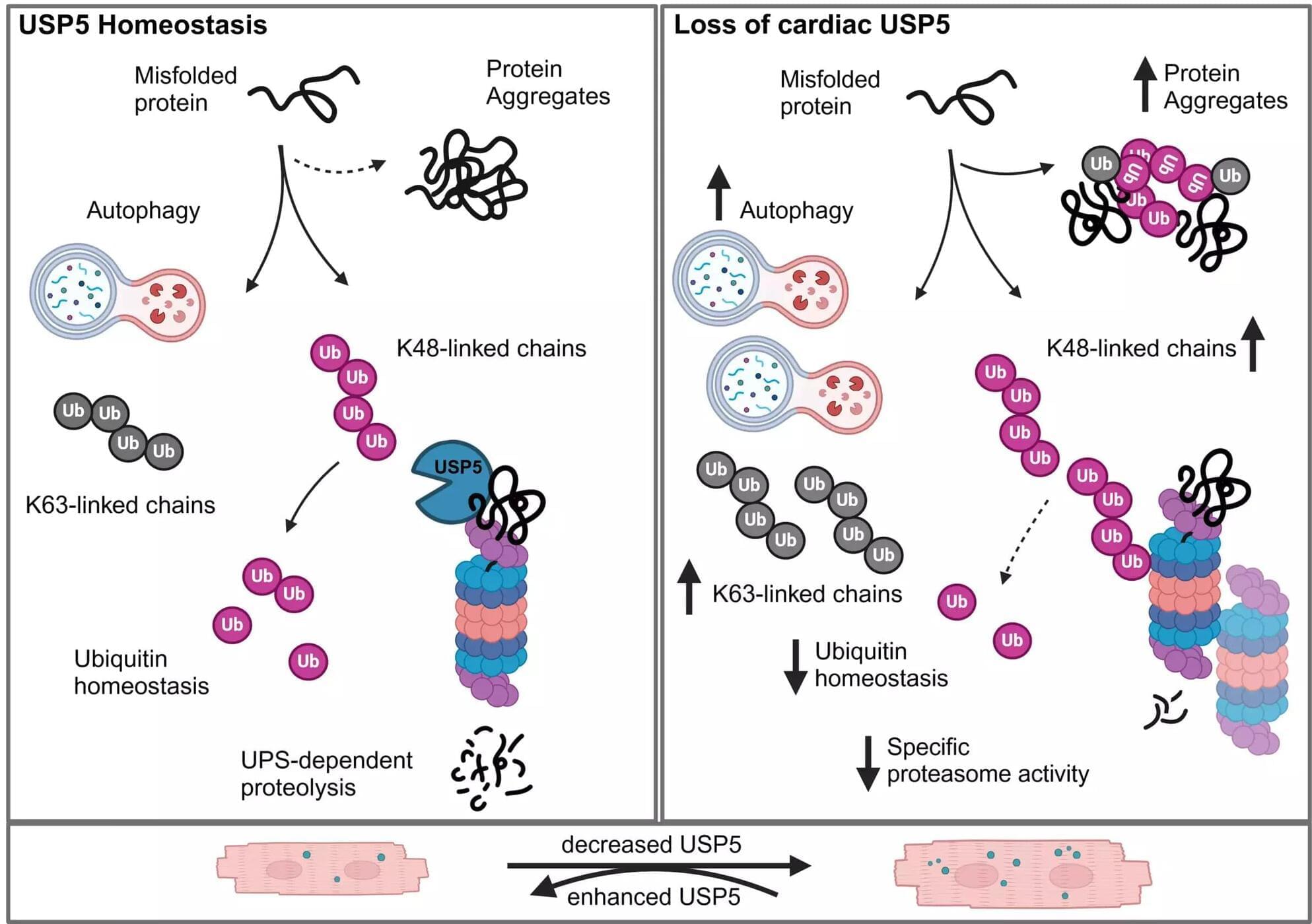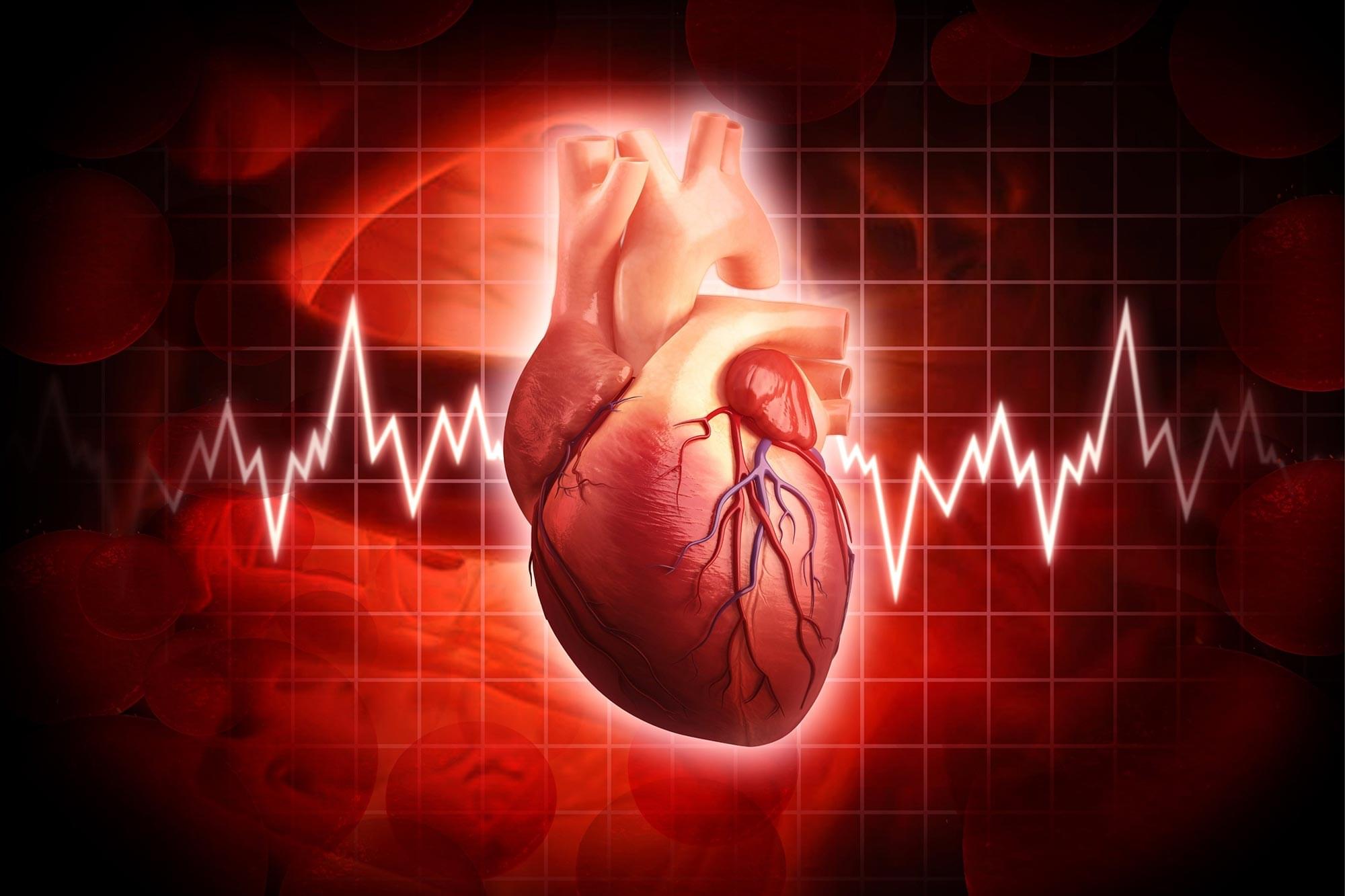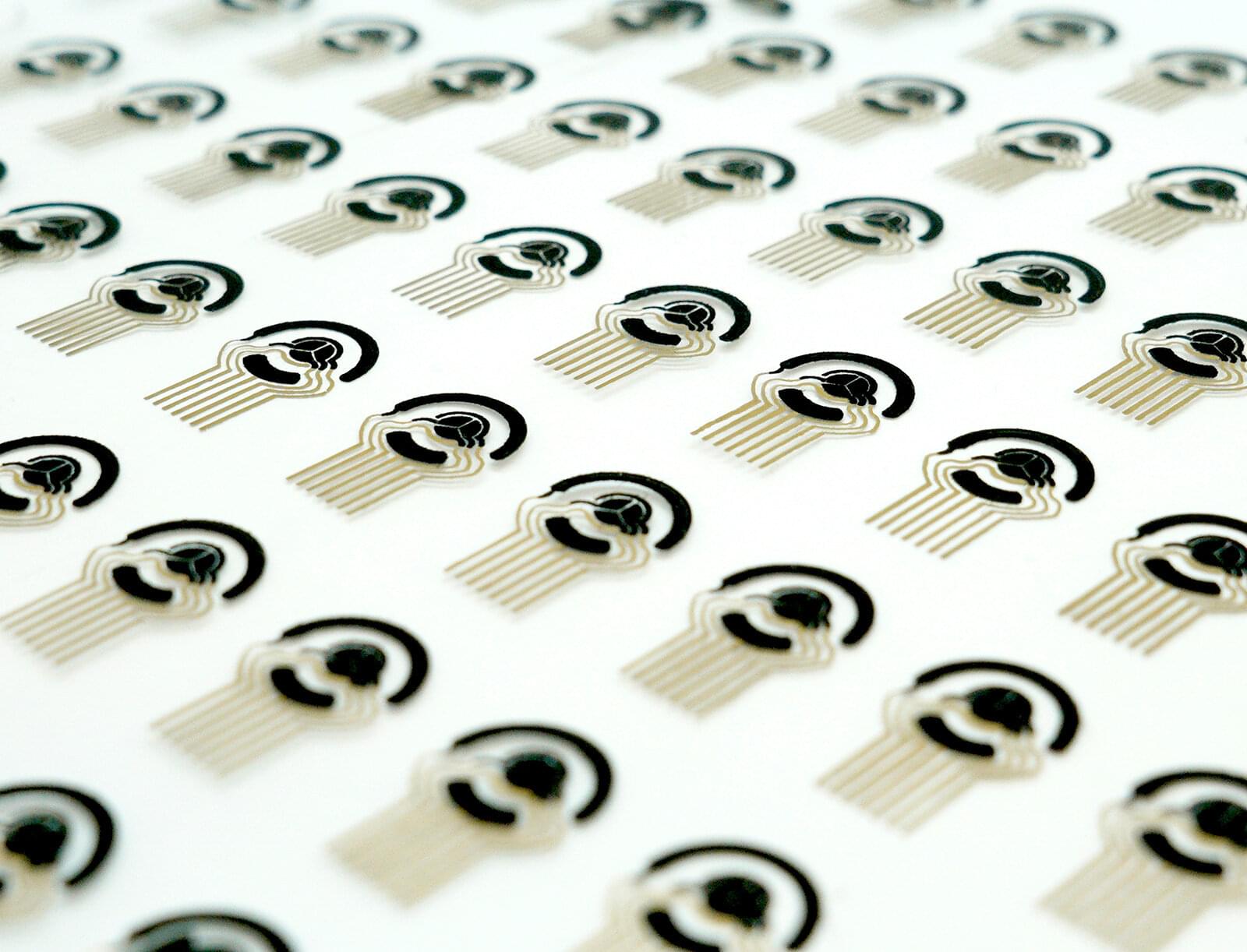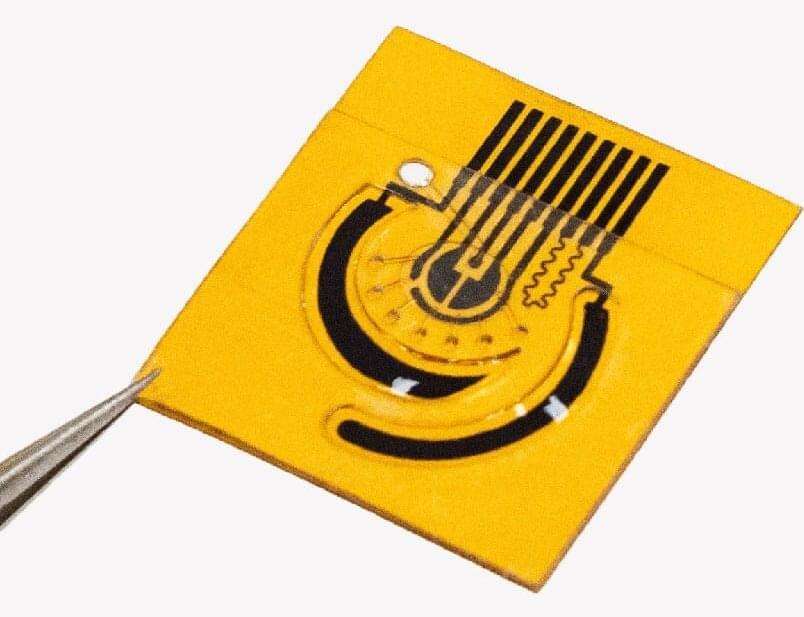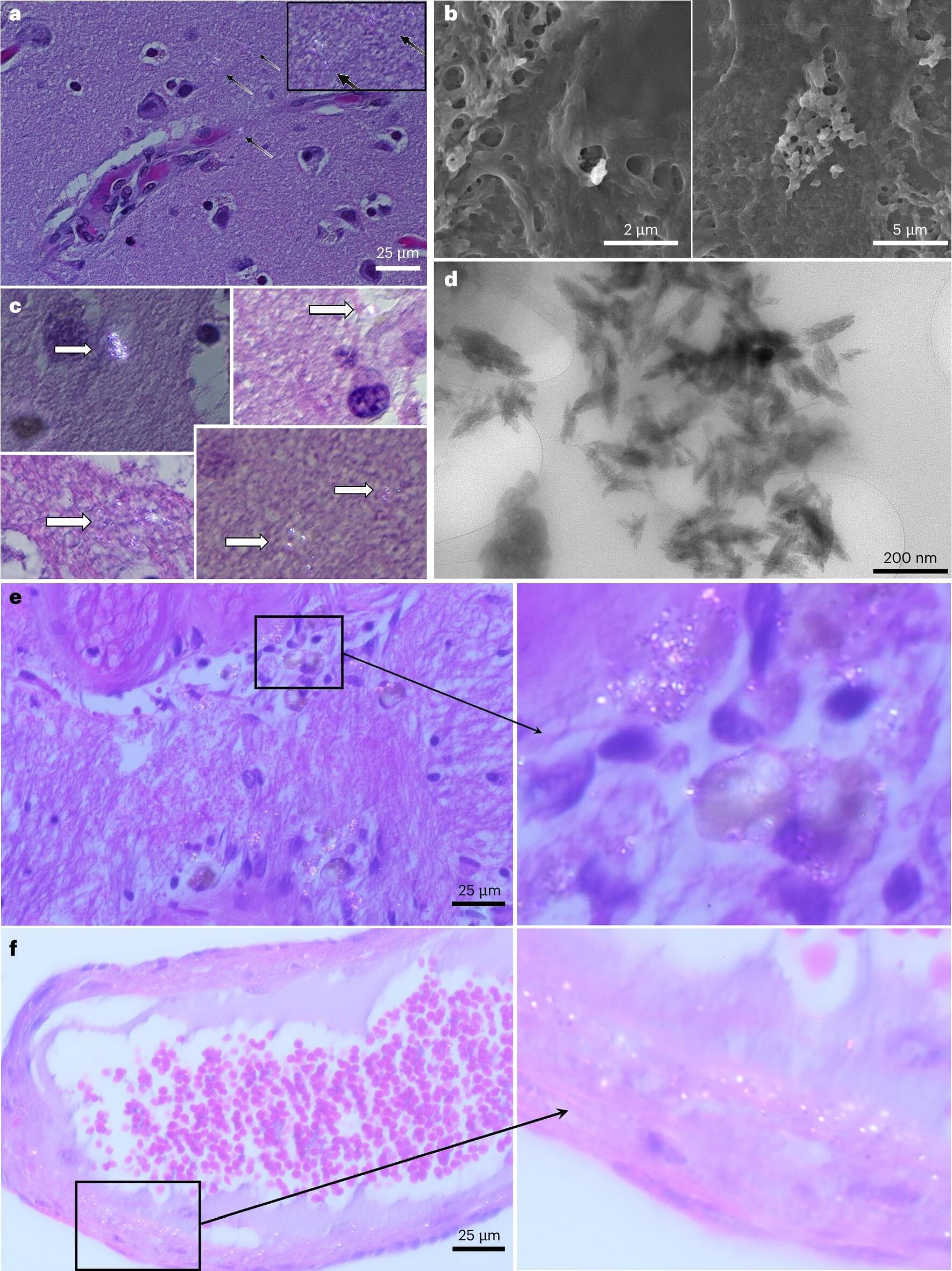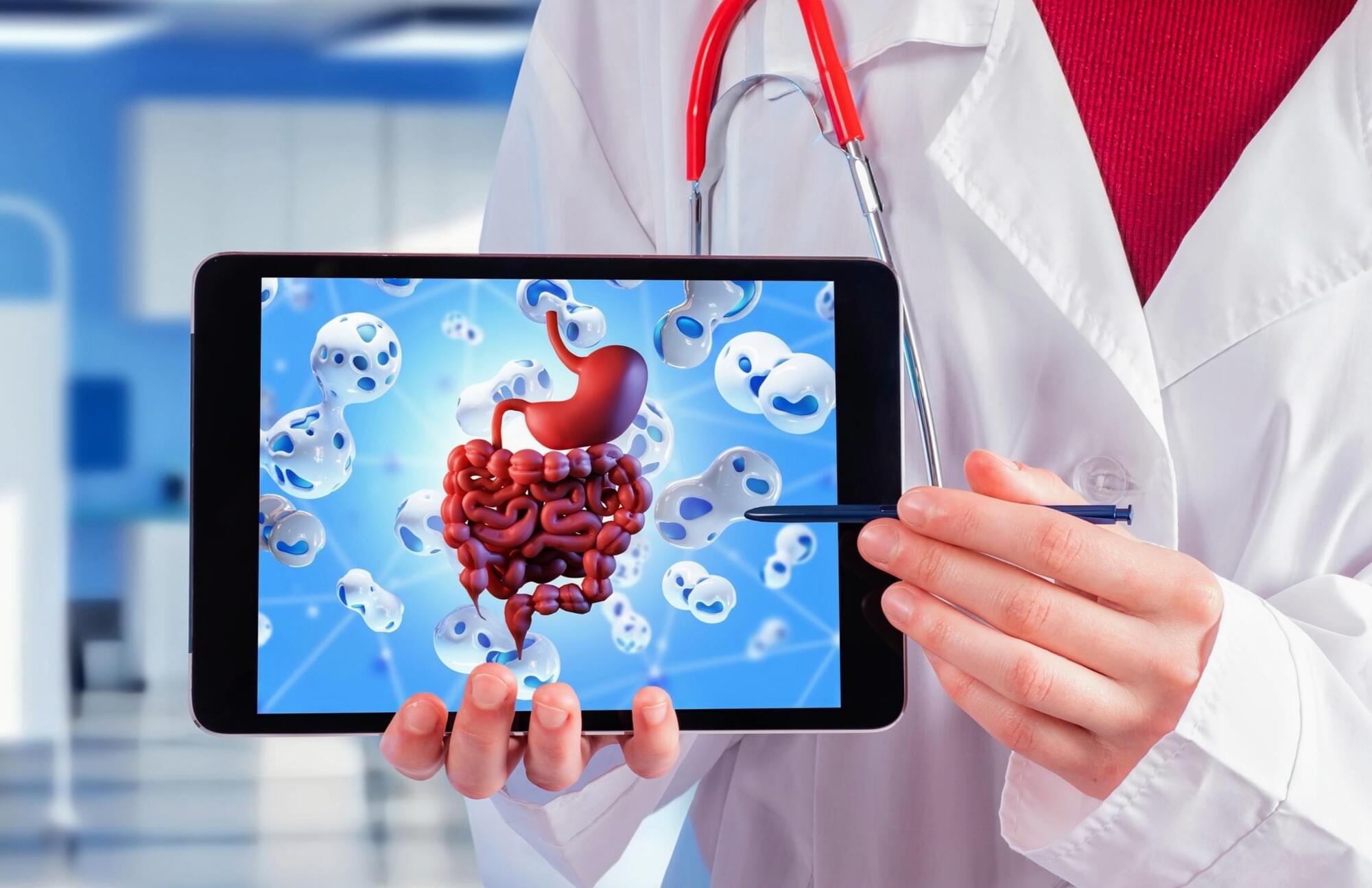Colorectal cancer (CRC) is a serious public health concern worldwide. Immune checkpoint inhibition medication is likely to remain a crucial part of CRC clinical management. This study aims to create new super paramagnetic iron oxide nano-carrier (SPION) that can effectively transport miRNA to specific CRC cell lines. In addition, evaluate the efficiency of this nano-formulation as a therapeutic candidate for CRC. Bioinformatics tools were used to select a promising tumor suppressor miRNA (mir-497-5p). Green route, using Fusarium oxyporium fungal species, manipulated for the synthesis of SPION@Ag@Cs nanocomposite as a carrier of miR-497-5p. That specifically targets the suppression of PD1/PDL1 and CTLA4pathways for colorectal therapy. UV/visible and FTIR spectroscopy, Zeta potential and MTT were used to confirm the allocation of the miR-497 on SPION@Ag@Cs and its cytotoxicity against CRC cell lines. Immunofluorescence was employed to confirm transfection of cells with miR-497@NPs, and the down-regulation of CTLA4 in HT29, and Caco2 cell lines. On the other hand, PDL1 showed a significant increase in colorectal cell lines (HT-29 and Caco-2) in response to mir497-5p@Nano treatment. The data suggest that the mir-497-loaded SPION@Ag@Cs nano-formulation could be a good candidate for the suppression of CTLA4in CRC human cell lines. Consequently, the targeting miR-497/CTLA4 axis is a potential immunotherapy treatment strategy for CRC.
Elfiky, A.M., Eid, M.M., El-Manawaty, M. et al. Sci Rep 15, 4,247 (2025). https://doi.org/10.1038/s41598-025-88165-3
